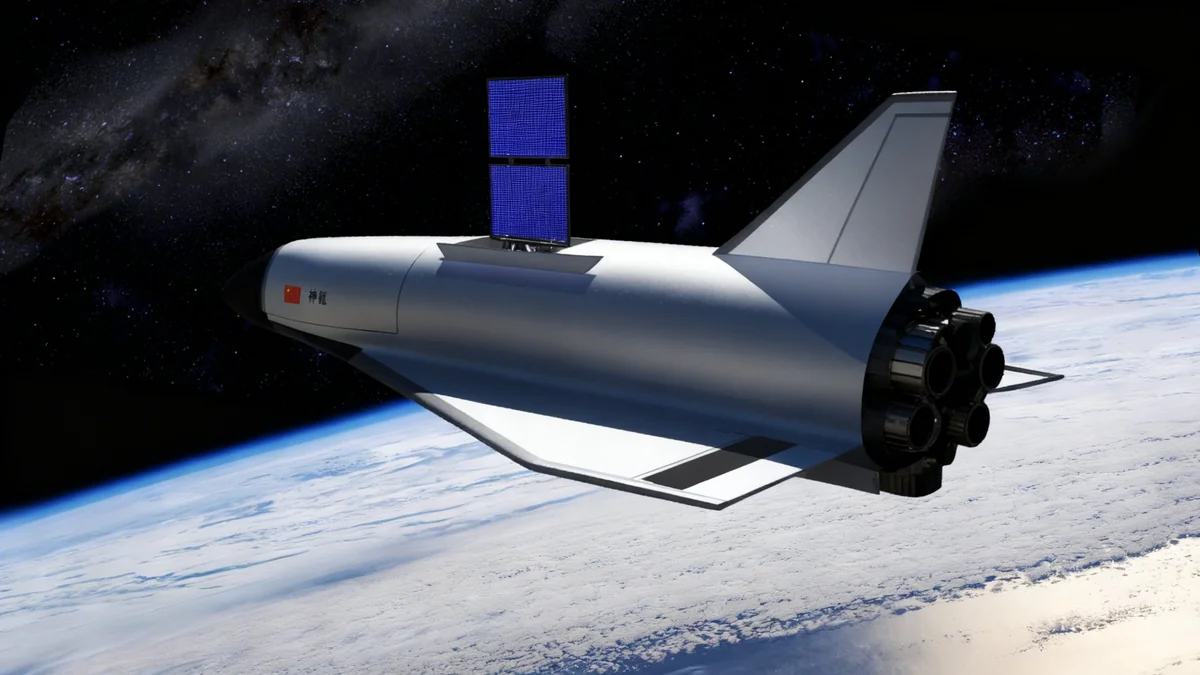The European Space Agency (ESA) has awarded €950,000 to technology firm ALL.SPACE to develop a new navigation system that can operate when traditional satellite signals are blocked. The project aims to address the growing threat of Global Navigation Satellite System (GNSS) jamming and spoofing, which poses a significant risk to both military and commercial operations.
This initiative, part of ESA’s Navigation Innovation and Support Program (NAVISP), will fund the creation of an alternative Position, Navigation, and Timing (PNT) capability. The technology will be integrated directly into ALL.SPACE's multi-orbit satellite terminals, providing a resilient backup for users who depend on accurate location data.
Key Takeaways
- ALL.SPACE received a €950,000 award from the European Space Agency's NAVISP program.
- The project will develop an alternative navigation system (Alt-PNT) to function in GNSS-denied environments.
- The technology will utilize existing satellite signals of opportunity rather than relying on dedicated navigation satellites.
- This initiative directly responds to increasing threats of GPS/GNSS jamming and spoofing affecting defense and commercial sectors.
- The system is being developed in partnership with UK-based GNSS specialists GMV NSL.
The Growing Problem of GNSS Denial
Modern society is heavily reliant on Global Navigation Satellite Systems like the United States' GPS, Europe's Galileo, or Russia's GLONASS. These systems provide critical timing and location data for everything from smartphone maps and financial transactions to military logistics and emergency services.
However, this dependence creates a significant vulnerability. The signals from these satellites are relatively weak, making them susceptible to intentional disruption through jamming (broadcasting noise to drown out the signal) or spoofing (transmitting false signals to deceive a receiver).
Incidents of GNSS disruption have become more frequent and sophisticated, particularly in conflict zones and areas of geopolitical tension. For defense operators, losing navigation capabilities can compromise mission success and personnel safety. For commercial industries like aviation, maritime shipping, and autonomous vehicles, such disruptions can lead to catastrophic failures and economic losses.
What is PNT?
Position, Navigation, and Timing (PNT) refers to the essential data provided by systems like GPS. Position is the ability to determine a specific location. Navigation is the ability to move from one point to another. Timing is the ability to acquire and maintain an accurate and precise time from a standard, which is crucial for synchronizing networks and systems worldwide.
A New Approach to Navigation
The project funded by ESA seeks to create a robust alternative. Instead of relying solely on the dedicated, and therefore vulnerable, signals from GNSS satellites, ALL.SPACE's technology will harness what are known as "signals of opportunity."
These are communication signals from the thousands of other satellites already in orbit, such as those providing internet or television services. The ALL.SPACE multi-orbit terminal, which is designed to connect with satellites in different orbits simultaneously, is uniquely positioned to capture and analyze these diverse signals.
By processing these non-navigational signals, the system can calculate position and orientation data independently of GNSS. This creates a resilient layer of navigation that can function even when primary GPS signals are unavailable. The project will initially focus on building a proof of concept for this "Alt-PNT" technology.
Project Funding
The total award from the European Space Agency's Navigation Innovation and Support Program (NAVISP) is €950,000. This program is specifically designed to foster innovation in navigation technologies across ESA Member States to enhance their competitive edge and develop sovereign capabilities.
Building a Sovereign Capability
A key driver for this initiative is the desire for operational independence. By developing this technology within Europe, the project supports the creation of a sovereign capability that is not reliant on foreign systems or vulnerable to external threats.
Paul McCarter, the CEO at ALL.SPACE, emphasized the urgency of this development.
"GNSS denial is no longer a hypothetical scenario – it’s a growing reality. With the project, we’re developing a sovereign alternative that can restore confidence, capability, and control in even the most contested environments."
The collaboration with GMV NSL, a firm with deep expertise in GNSS, will be crucial to the project's success. Together, the partners aim to mature the technology from a proof of concept into a fully commercialized service.
Integration and Future Services
The ultimate goal is to embed this Alt-PNT capability directly within the ALL.SPACE terminal hardware. It will be offered as part of the company’s growing Software as a Service (SaaS) portfolio, allowing customers to activate the feature as needed.
This integrated approach offers several advantages:
- No Extra Hardware: Users will not need to install separate equipment to access the backup navigation system.
- Seamless Transition: The system could potentially switch automatically to the alternative PNT source when GNSS disruption is detected.
- Enhanced Security: It provides a crucial layer of redundancy for critical operations in any domain, whether on land, at sea, or in the air.
As the world becomes more connected and the digital battlefield expands, technologies that ensure the integrity of fundamental services like navigation are becoming increasingly vital. This ESA-backed project represents a significant step toward building a more resilient and secure future for navigation-dependent systems across Europe and beyond.





